how being a neurodivergent leader has helped me build a more inclusive and supportive business
Content Copywriting founder Sarah Spence’s ADHD diagnosis prompted her to create a workplace that prioritises flexibility and self-care.
Do you live to work, or work to live?
This was the question I had to ask myself a few years ago, when the pattern of working in high-pressure corporate environments, paired with my perfectionistic tendencies, was making me lose my sense of self. My identity was so tied up in my work that outside of work I felt lost, and at work I felt resentful about the effort I was putting in. It wasn’t healthy.
I didn’t know it at the time, but I have ADHD. I was diagnosed in my late 30s and it helped me make sense of a lot: the struggles I have in relationships and friendships; my inability to remember where I put things; my ability to synthesise information at speed and come up with ideas on the spot.
Prior to my diagnosis, I left the corporate world and started out as a freelance content writer. My approach was simple: write great content and use my SEO knowledge to inform strategies for my clients about the kind of content their audiences were searching for (and that would help them rank on Google). Over the last two years my business, Content Copywriting, has grown from just me to a team of 20. This growth happened around the same time as my ADHD diagnosis and I’ve since built an inclusive culture as a neurodivergent leader. Here’s how I did it and why self-care for my team is always a priority.
HONESTY IS THE BEST POLICY
We’ve built a culture where people are encouraged to share honestly, own their failures (and their wins) and learn from their mistakes. I try to lead by example – sometimes I’ll quite vulnerably share my own moments of self-doubt, and hope this gives my team permission to do the same. Each morning, everyone drops an update into Slack. Each team member is invited to share how they’re feeling, what they’re grateful for and what they’re struggling with. The idea of sharing so openly isn’t for everyone, but we want to be part of a positive shift to more honesty and openness in the workplace. Many people come to us with trauma from past workplaces – they’re so accustomed to working to the point of exhaustion and feeling unsupported, that the idea of a place where they are truly valued or are invited to show up more authentically is a little confronting. But for people who are open to it, we work with them to try and help them understand themselves better in the workplace, and we support them to bring their whole selves to work.
HUMAN CONNECTION
Having a fully remote team means a lot of time on Zoom and less time for water-cooler chit-chat. So, we incorporate social connection into our working week. Once a week we have a catch-up that isn’t about work, but is a chance to connect and have open conversations about life outside of work. We also schedule in-person get-togethers for the whole team every three to six months (and cover their travel costs), so that we still have opportunities for IRL connection. It goes a long way when we’re working together across different states and cities, and builds great relationships within the team.
FLEXIBLE HOURS
As a neurodivergent leader and a parent, I know all too well the struggles of trying to conform to set business hours day after day. I also recognise that not everyone works their best in the standard nine to five. Some people love early mornings, while others are super-productive after dark. To support this, we have core hours each day when the whole team is online, but outside of these hours, the team can complete their work at the time that suits them best. We trust each other to get the work done and make it work around other commitments, and it means no presenteeism.
SYSTEMS AND PROCESSES
One aspect of my ADHD is time blindness. It means I constantly underestimate how long tasks will take, even when the data tells me otherwise. Other people in my team have similar struggles, so we’ve put scaffolding in place to help them manage their time without overscheduling themselves. For example, we assign hours to each task based on how long we know it should realistically take. If they get it done more quickly, great, but there’s no expectation to churn out work to the point of burnout.
Being neurodivergent means that some days I’m firing on all cylinders, and others I’m completely useless. I need downtime as well as opportunities to rev up, and our processes support the whole team to take each day as it comes.
SELF-CARE AND SUPPORT
Back to that original question – I want to build a culture where people work to live, not live to work. Part of this has been supporting our team to prioritise their own wellbeing. Everyone gets a day off on their birthday and everyone gets a quarterly self-care day which can be used for whatever self-care looks like to them. Because we all take this on the same day, there’s no temptation (or expectation) to check in on work. Some people use it as a day to connect with friends, others spend time out in nature and others get their pap smears or mammograms done.
ADVOCATING FOR INCLUSION
Advocating for neurodivergent inclusion is important to me, and this year my plan is to formalise support for neurodivergent people in the business. This means establishing policies so that any person knows they are welcome and will be supported as their whole selves at work, whatever that entails. The more we can make diversity visible, the more we can support and celebrate diversity in the workplace.
I love that so many other women have also been announcing their neurodivergent status publicly and want to be part of the change to break down out-of-date stigmas around what ADHD and neurodivergence looks like.
I’m just one person, but I’m excited about creating a workplace where people genuinely feel valued and proud of their work. Maybe this will be the norm in the workplace of the future? Let’s hope so.
For more small-business stories like this, visit frankie.com.au/strictly-business, or sign up to our monthly e-newsletter. Have a small-business story you’d like to share? Pitch it to us.


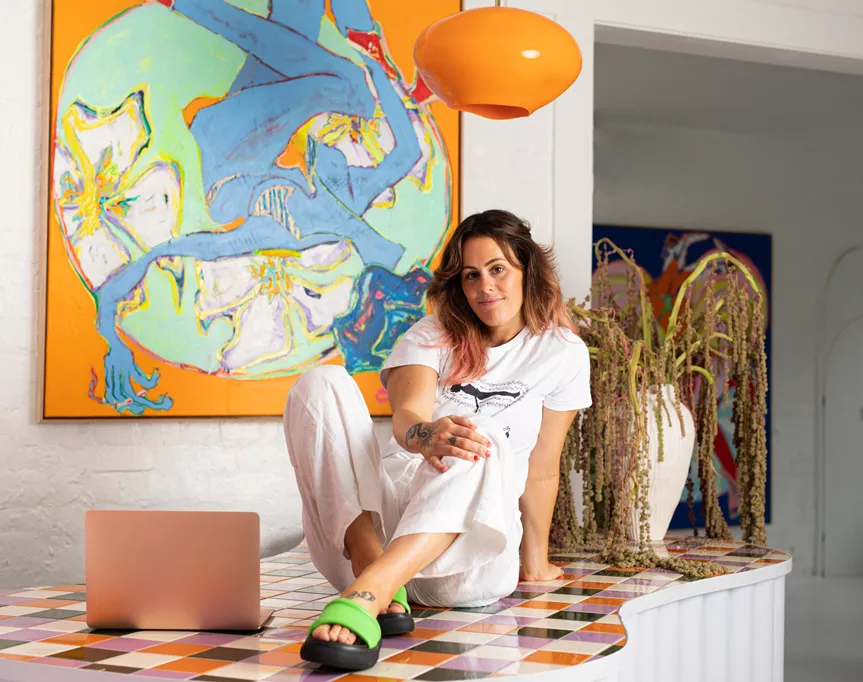

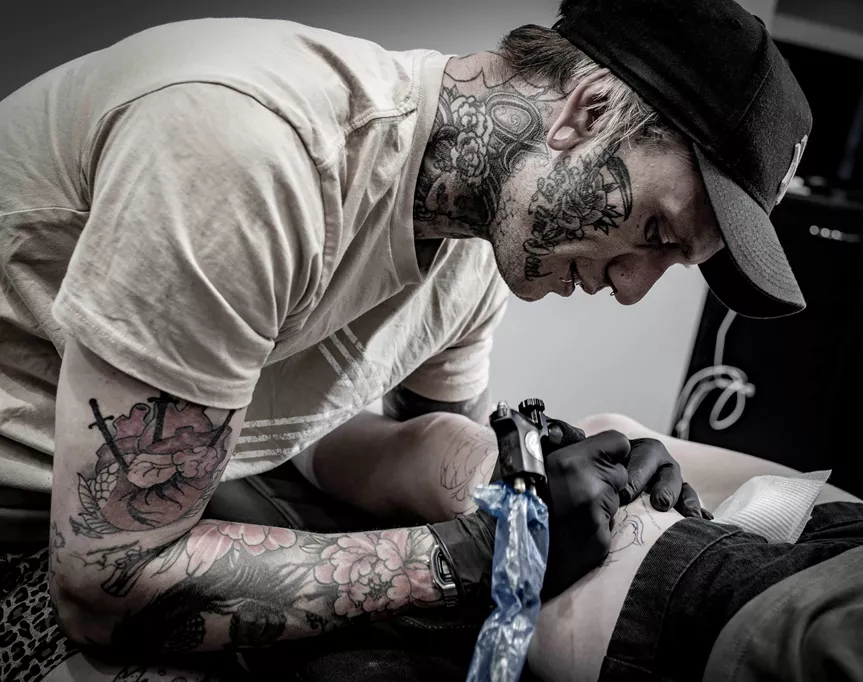
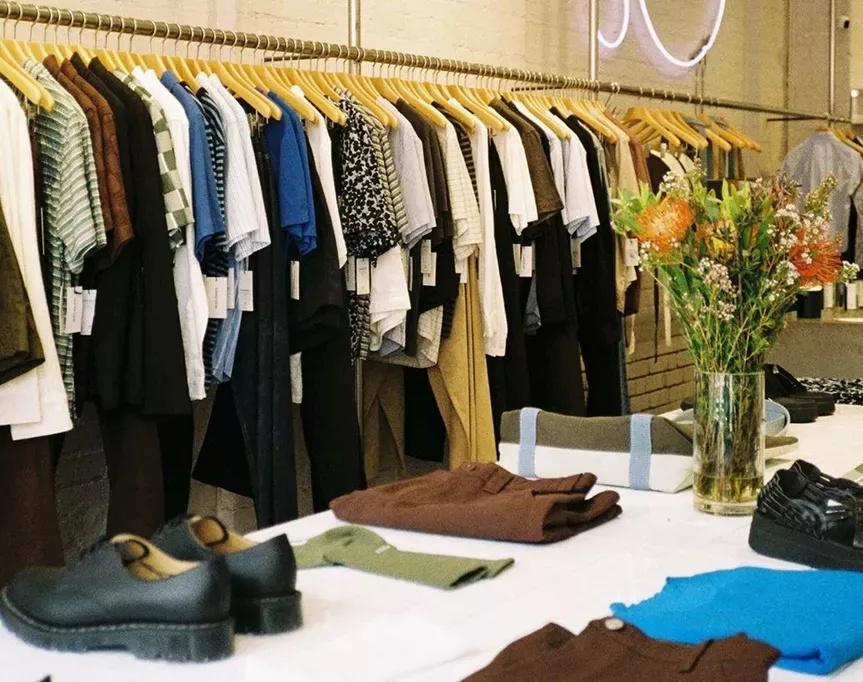
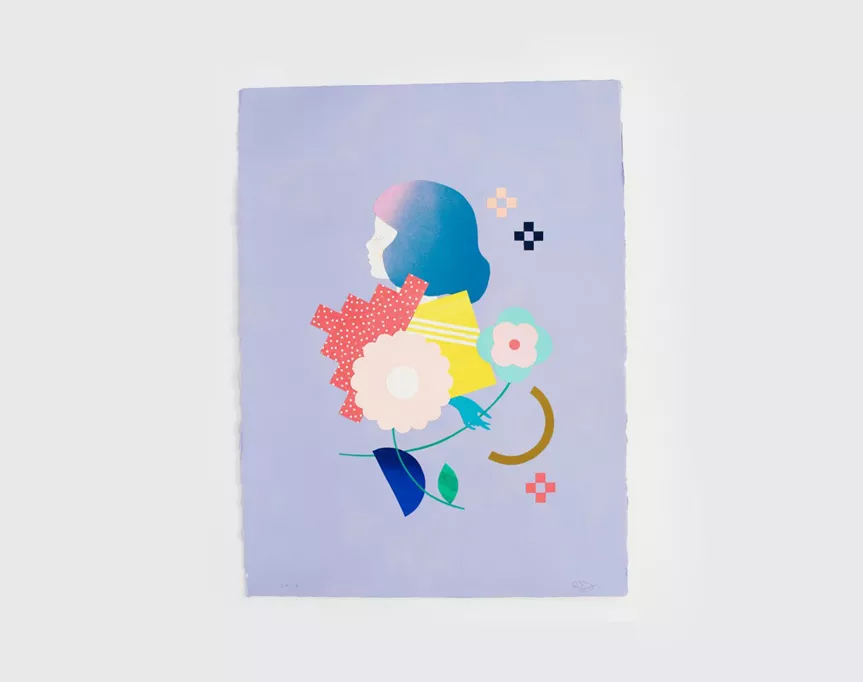
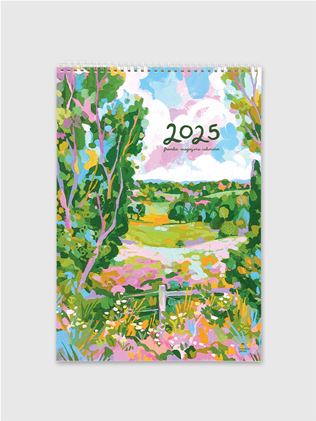
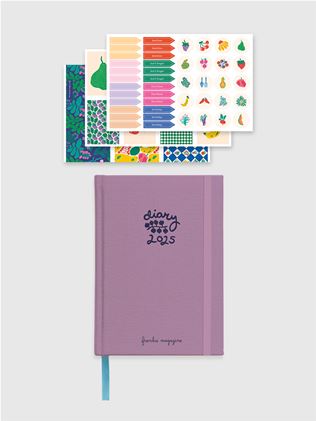
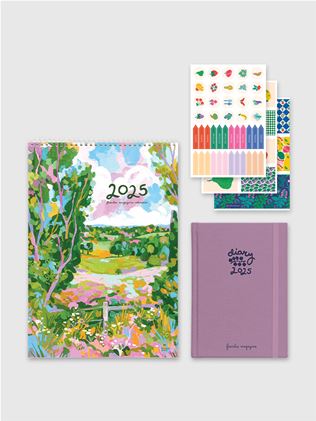
.jpg&q=80&w=316&c=1&s=1)


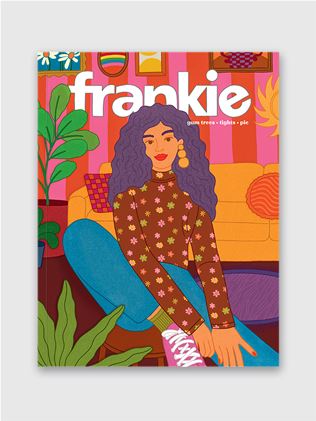
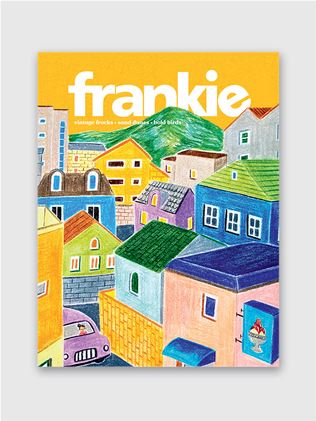


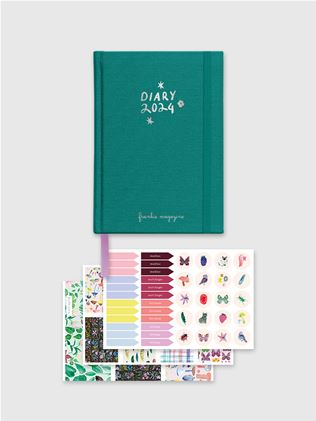



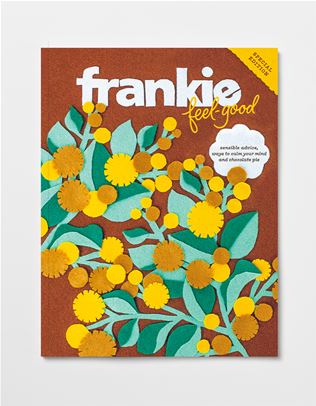






.jpg&q=80&w=316&c=1&s=1)










